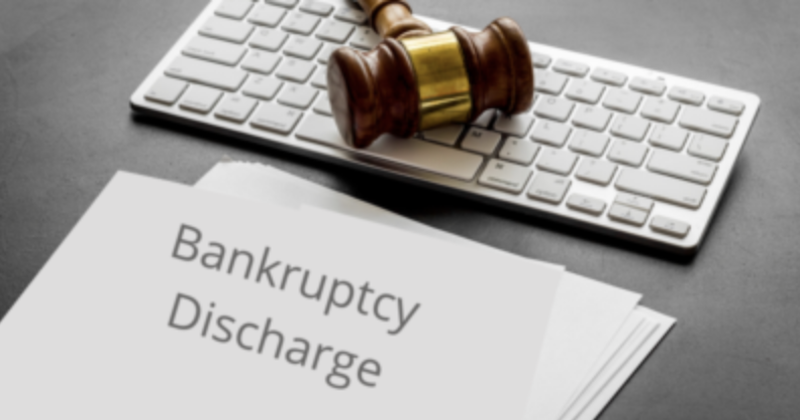The Discharge: The Chapter 7 Bankruptcy Process
The Discharge is part 10 of a 10 part series on Chapter 7 bankruptcy and will provide general information regarding bankruptcy under Chapter 7.
For the individual debtor, the desired result of Chapter 7 is the discharge order. Again, entities do not get a discharge. The Chapter 7 discharge, the extent of which is described in §§ 524 and 727, discharges the debtor from all prepetition debts, except for those types of debts listed in § 523. If a married person files individually, the discharge will include not only the filer but the marital community. The nonfiling spouse would not be discharged from his or her separate liabilities.
As noted above, certain debts are nondischargeable only if the creditor takes prompt action to establish an exception to discharge. These include debts for money obtained through fraud, false representation, embezzlement, or larceny, and debts for willful and malicious conduct. Other types of debts are automatically nondischargeable. These include: most taxes; all domestic support obligations; fines, penalties, and forfeitures payable to governmental units; student loans; personal injuries due to impaired driving; homeowners’ association dues; and violations of state or federal securities laws. The discharge is issued within a few days after the deadline for filing objections to discharge has passed.
Contact the bankruptcy attorneys at Wenokur Riordan PLLC today at (206) 724-0846 to discuss your situation.
This article is intended to provide you with enough detail to give you a good basic understanding of the process, without snowing you under with too much information. Obviously, there are exceptions and nuances to just about everything described in this outline. The Bankruptcy Code, Federal Rules of Bankruptcy Procedure, and reported case law are the primary sources of information. All section references here are to the United States Bankruptcy Code, 11 U.S.C. § 101 et seq. All Rule references are to the Federal Rules of Bankruptcy Procedure.


